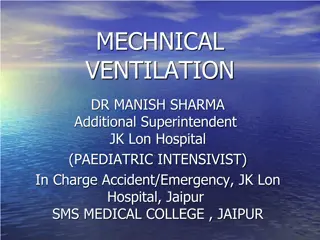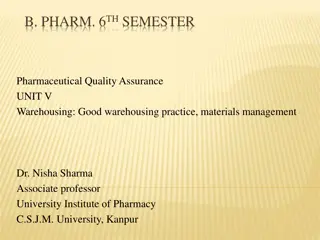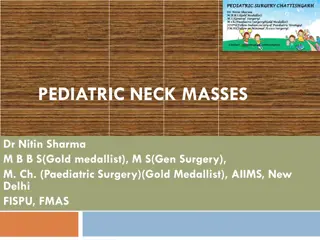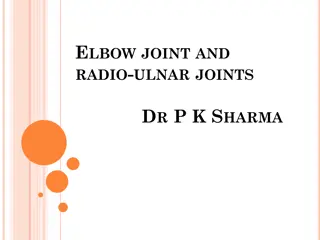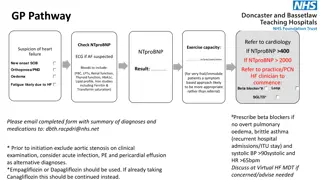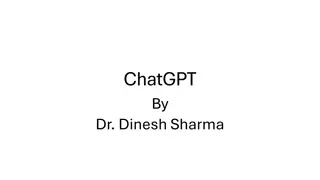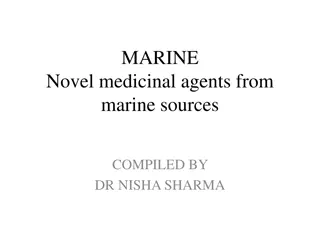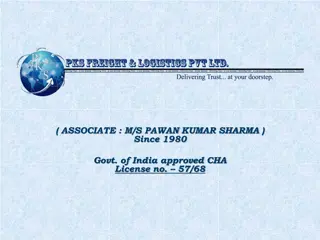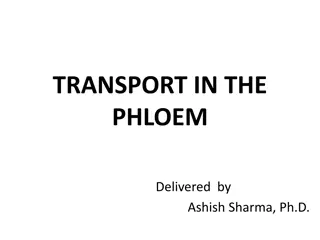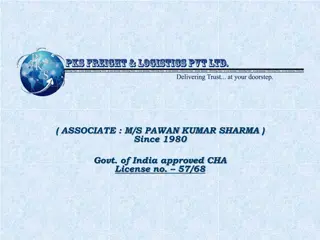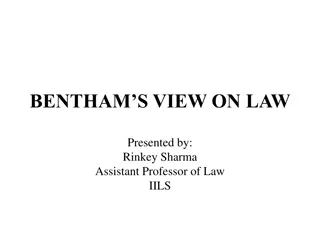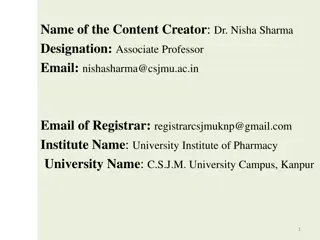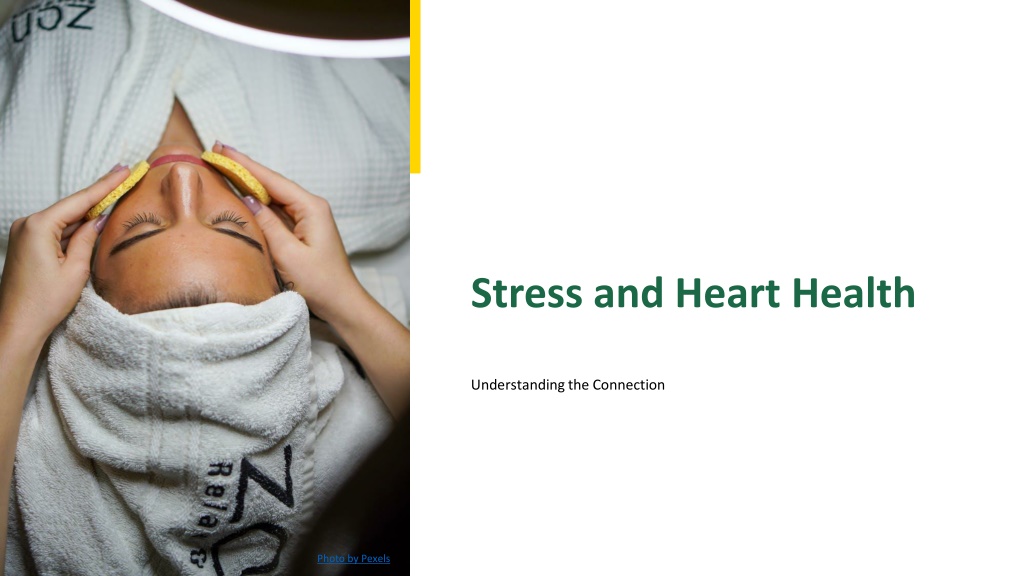
cardiologist in jaipur- Dr Rahul Sharma
Dr Rahul SharmanMBBS, DNB (Medicine), DNB (Cardiology)nDr. Rahul Sharma is a highly qualified and experienced cardiologist in Jaipur with a rich background in the field. Holding an MBBS degree and dual Diplomate of National Board (DNB) certificatio
Download Presentation

Please find below an Image/Link to download the presentation.
The content on the website is provided AS IS for your information and personal use only. It may not be sold, licensed, or shared on other websites without obtaining consent from the author. Download presentation by click this link. If you encounter any issues during the download, it is possible that the publisher has removed the file from their server.
E N D
Presentation Transcript
Stress and Heart Health Understanding the Connection Photo by Pexels
01 Impact of Stress on Heart Table of Contents 02 Chronic Stress Effects 03 Symptoms of Stress 04 Heart Disease Indicators 05 Managing Stress 06 Healthy Lifestyle Choices 07 The Role of Sleep 08 Seeking Professional Help 09 Conclusion 10 Thank You!
1 Impact of Stress on Heart Significant Effects Stress triggers release of hormones like adrenaline, increasing heart rate and blood pressure significantly. Chronic stress can lead to persistently high blood pressure and increased heart disease risk over time. Emotional stress is linked to heart events, including heart attacks, due to its physiological effects. Understanding stress management is key for heart health and preventing cardiovascular diseases. Photo by Pexels
2 Chronic Stress Effects Long-term Consequences Continuous stress can lead to harmful changes in the heart and blood vessels. It increases inflammation, contributing to the build-up of plaque in arteries. Chronic stress is associated with unhealthy coping habits like smoking and overeating. These habits further escalate the risk of heart disease and related conditions. Photo by Pexels
3 Symptoms of Stress Recognizing Signs Common symptoms of stress include chest pain, rapid heartbeat, and fatigue. People may also experience anxiety, depression, and lifestyle changes due to stress. Recognizing these signs early can help in managing stress effectively. Consulting a healthcare professional is advisable if symptoms persist or worsen. Photo by Pexels
4 Heart Disease Indicators Warning Signs Watch for sudden chest pains, shortness of breath, and extreme fatigue as potential heart disease indicators. Recognizing these early warning signs can be crucial in preventing serious heart issues. Don't ignore symptoms; timely intervention can save lives. Routine check-ups are essential for early detection. Photo by Pexels
5 Managing Stress Effective Techniques Practicing mindfulness and meditation can significantly reduce stress levels. Regular physical activity helps mitigate the effects of stress on the heart. Healthy eating habits can improve mood and reduce stress-related heart risks. Establishing a good support system enhances emotional well-being and stress management. Photo by Pexels
6 Healthy Lifestyle Choices Heart-Friendly Habits Incorporate a balanced diet rich in fruits, vegetables, and whole grains. Limit intake of processed foods, sugar, and saturated fats to promote heart health. Engage in regular cardiovascular exercise to strengthen the heart. Adequate sleep is essential for overall health and stress reduction. Photo by Pexels
7 The Role of Sleep Rest and Recovery Sleep is crucial for recovery and reducing stress levels. Lack of quality sleep raises cortisol levels, leading to increased stress and heart risks. Aim for 7-9 hours of quality sleep per night for better heart health. Establishing a sleep routine can aid in stress management. Photo by Pexels
8 Seeking Professional Help When to Consult If stress management strategies are ineffective, consider seeking professional help. Healthcare professionals can provide tailored strategies for managing stress and heart health. Therapies like cognitive behavioral therapy can be beneficial. Cardiologist in Jaipurhttps://www.jaipurcardiologist.com/ Regular consultations with Dr Rahul Sharma - jaipurcardiologist Photo by Pexels
9 Conclusion Key Takeaways Understanding the connection between stress and heart health is crucial. Manage stress effectively through lifestyle changes and professional support. Stay proactive about heart health through regular check-ups and healthy living. Prioritize mental well-being as it's integral to overall heart health. Photo by Pexels
10 Thank You! Stay Healthy! Thank you for your attention and interest in stress and heart health. Aim to incorporate stress management techniques for a healthier heart. Reach out for further information or guidance on heart health. Your heart health is worth prioritizing! Photo by Pexels





